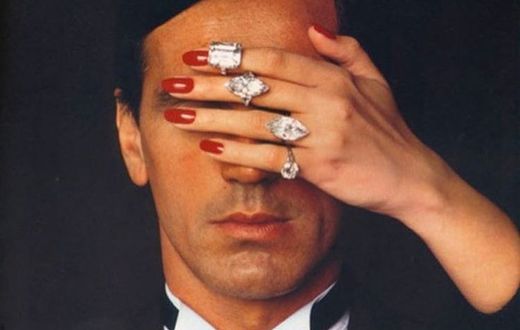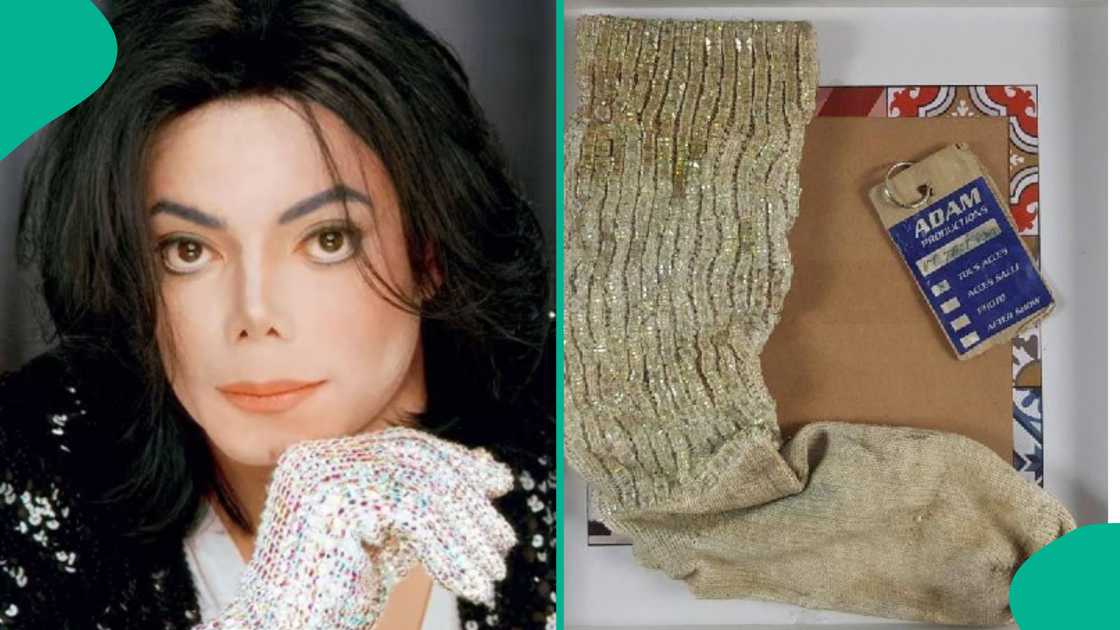In many conversations across Lagos, Accra, and even beyond West Africa, a familiar refrain emerges: “Nice guys finish last.” This expression echoes in campuses, market circles, and on social media, often reinforcing the stereotype that kindness somehow stands in the way of progress or romantic success. But should Nigerians—and Africans more broadly—accept this at face value, or is there more beneath the surface? Let’s critically examine why “nice guys” sometimes feel left behind, and how this perception can be transformed in our modern context.
1. Safety vs. Spark: When Predictability Feels Boring
Reliable, gentle, and dependable—these are qualities many Nigerian parents encourage. According to relationship consultant Bolaji Aina (2023), “Kindness is respected, but relationships still need a sense of excitement.” People naturally crave adventure amidst stability. Sometimes, being “too nice” translates as playing it too safe. For example, while a partner’s consistency is valuable, it sometimes lacks the thrilling unpredictability associated with passion—one that local Nollywood dramas or Afrobeats lyrics often highlight.
But the solution is not to abandon your good nature. Instead, blend your reliability with moments of spontaneity—a surprise birthday gesture, a spontaneous road trip to Erin Ijesha waterfalls, or even taking up a shared hobby can reignite the spark and show that kindness and adventure can go hand in hand.
2. When Kindness Is Misread as Weakness
It is a persistent misconception: being nice equals being soft or easily manipulated. In West African society—where respecting elders, maintaining social harmony, and avoiding confrontation are valued—nice guys often become “peacemakers.” But this habit, if unchecked, creates scenarios where boundaries aren’t protected. According to Abuja-based psychologist Sandra Okoye, “If you cannot say no or voice your own needs, people may not respect you as much as you deserve.”
Real confidence lies in advocating for yourself—politely but firmly. For Nigerians and Ghanaians, this may involve calmly expressing your opinions during family gatherings or standing up for your values in workplace discussions. Kindness, when layered with self-assurance, is far from weakness; it inspires respect from peers, partners, and even elders.
3. The Attraction of the “Bad Boy” Persona
Look at most trending Nollywood films or the hottest tracks on the Nigerian Top 100—“bad boys” get a lot of screen time. The “bad boy” archetype is associated with rebellion, mystery, and a refusal to conform. According to Dr. Kwame Boateng, a Ghanaian relationship coach, “This appeal is rooted in our fascination with the unknown and the risky.” But, as real-life stories tell us, many of these relationships lack long-term stability.
Nice guys, on the other hand, are more likely to build for the future, emphasizing loyalty and support. The trick for African men who feel overshadowed? Stay true to your core values, but don’t shy away from showing a bit of unpredictability—be it in your dress sense, your ambitions, or how you pursue life’s challenges.
4. Overthinking: The Paralyzing Effect on Relationships
The tendency to overthink every gesture, message, or decision is a common struggle, especially among those who genuinely care. In Nigeria, where emotional intelligence is often expected but rarely discussed, this can create tension. According to relationship therapist Ngozi Uche (2024), “Overthinking stems from wanting to do the right thing, but it can easily backfire by making you appear anxious or unsure of yourself.”
Rather than second-guessing every move, embrace authenticity. Allow yourself to enjoy each moment. If you make a mistake, own it and move on. This relaxed confidence is more attractive than trying to script a perfect encounter.
5. Giving Without Receiving: The Danger of Imbalance
From hosting family members to supporting friends financially, Nigerian culture cherishes generosity. Yet “nice guys” sometimes give to the point of exhaustion without expecting—or receiving—anything in return. According to Lagos-based relationship writer Adeyemi Dada, “Sacrifice is good, but if you always put others first, you risk being overlooked and your needs ignored.”
Sustainable relationships thrive on reciprocity. Whether in friendships, family, or romantic settings, it is healthy (and necessary) to expect support and appreciation in return. If you feel consistently undervalued, communicate openly and advocate for your needs. Self-worth isn’t arrogance—it’s vital for happiness.
6. The Challenge of Vulnerability in West African Culture
Across Africa, men have often been taught to appear strong and unyielding. Showing emotion, according to tradition, might seem like a liability. But those who are known as “nice guys” often listen deeply yet struggle to open up about their own insecurities, dreams, or disappointments.
Yet vulnerability, experts say, is the real foundation for meaningful connection. According to “Healthy African Relationships,” a 2023 regional report, “the strongest bonds are built not on perfection, but on being honest about one’s struggles and needs.” In today’s world, embracing your vulnerabilities—such as talking about your career setbacks or fears—can foster trust, especially in long-term relationships.
Turning the Narrative: Nice Guys Can and DO Finish First
It’s important to challenge the dated notion that only assertive or harsh personalities succeed in life or love. In truth, kindness, when enhanced with self-respect, effective communication, and the courage to be unique, is a potent combination. In urban centers from Lagos Island to Kumasi, people are redefining what it means to be attractive or successful—embracing positive masculinity.
-
Establish Clear Boundaries: Being generous and helpful shouldn’t mean allowing exploitation. Learn to politely refuse unreasonable demands, prioritizing your wellbeing.
-
Showcase Your Unique Edge: Pursue your passions—whether it’s launching a tech startup, joining a local football league, or learning a new language. Confidence in your individuality makes you stand out.
-
Practice Honest Communication: Don’t shy away from difficult conversations with loved ones or colleagues. Your openness might even inspire others to do the same.
-
Own Your Value: Self-worth is not about seeking validation from others; it’s about recognizing your inner worth. Studies show that confident kindness is magnetic—at work, in friendships, and in romance (Psychology Today, 2021).
Nice Guys in Africa: Playing the Long Game
Ultimately, being a “nice guy” in Nigeria, Ghana, or across Africa is not a disadvantage; rather, it is a unique strength. The continent is seeing a cultural shift as new generations embrace emotional intelligence, respectful boundaries, and honesty in every sphere of life. When you combine kindness with courage, playfulness, and the willingness to be real—even vulnerable—you become far more than a stereotype; you become a well-rounded individual prepared to enjoy a truly fulfilling life.
In today’s world, as young Africans reshape relationship trends and redefine success, niceness coupled with authenticity has never been more important. From bustling city streets to rural villages, everyday heroes—friends, fathers, partners—are proof that kindness, confidence, and resilience are a winning combination.
How do you define the balance between kindness and confidence in your own life? Has being “too nice” helped or hurt you, or someone you know? Drop a comment below and let’s start the conversation about positive masculinity and dynamic relationships in Nigeria, West Africa, and beyond.
We want to hear your story—whether it’s about kindness, relationship journeys, or life lessons in Nigeria or West Africa. Email us at story@nowahalazone.com if you’d like your story featured or you have tips to share.
For general support, reach out to us at support@nowahalazone.com. You can also join the conversation on our social media platforms: follow us on Facebook, X (Twitter), and Instagram for engaging stories, updates, and more.
Want to share or sell your story? Contact us—your voice matters and could inspire the next big discussion!










